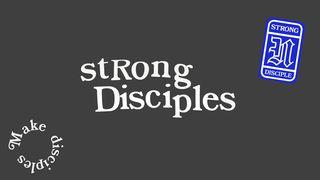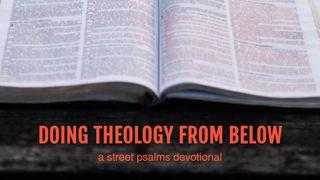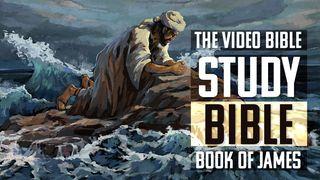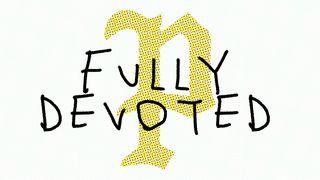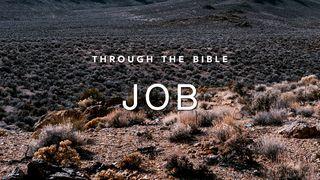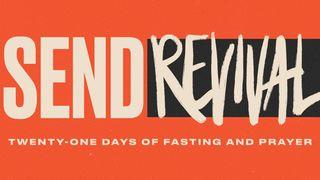Deuteronomy: At Journey's EndSample
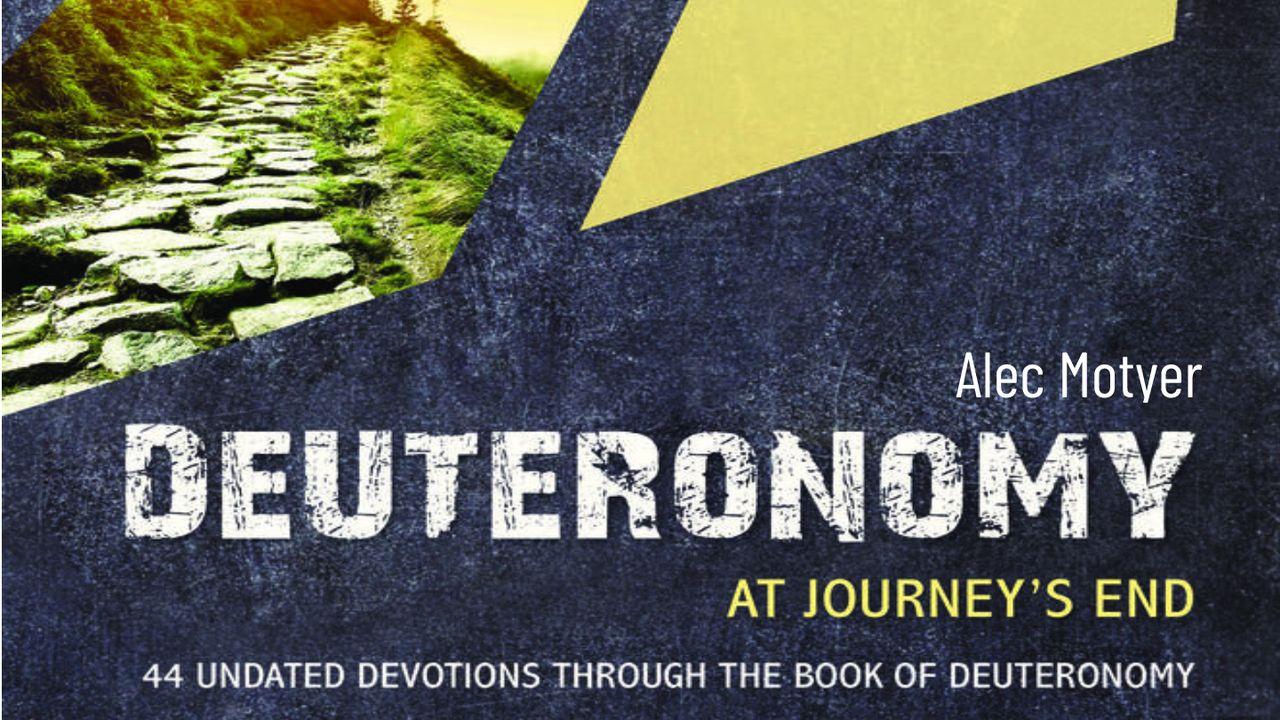
What the Lord actually said
Moses describes the Lord’s word to Israel, in 4:44–45, as ‘law’, i.e., teaching; as ‘stipulations’ (or ‘testimony’), i.e., what God witnesses to as the truth about himself and his desires; as ‘decrees’ (or ‘statutes’), a word related to the verb ‘to engrave’, therefore pointing to permanency; and as ‘laws’ (or ‘judgments’), that is, what God has authoritatively decided upon as the truth to hold and the life to live. In 4:40 Moses adds ‘commands’ – God’s word is designed for our obedience.
The required response is given in 5:1: to ‘hear’ (i.e., to open the ears, mind and heart); to ‘learn’ (i.e., to take on board, store away and make part of the fabric of one’s thinking); and to ‘follow’ (literally, ‘to keep by doing’) – not simply with the duty of a trustee but with the obedience of a servant. In 5:33 Moses adds the command to ‘walk’ – we are to make God’s word our habitual practice, with its attached promise of life (a ‘life … to the full’, John 10:10) and security of tenure of the gifts of God.
All these descriptions, commands and promises are linked with the Ten Commandments (5:6–21), which verse 22 then identifies as what God actually said, laid down in writing as a permanent deposit of truth and obligation for his people. Here is one way of seeing the Decalogue as a complete rounded statement:
1. Spiritual (commandments 1–4)
a. thoughts (1–2);
b. words (3);
c. deeds (4)
2. Domestic (commandment 5)
3. Social (commandments 6–10)
a. deeds (6–8);
b. words (9);
c. thoughts (10).
It is not true to say the commandments only deal with externalities, awaiting Jesus to extend them to our thoughts (Matt. 5:22, 28). They begin and end inwardly with how we think about the Lord. Has he our sole loyalty (commandment 1)? What thoughts dominate our minds in worship (2)? How are we thinking about our neighbours and their possessions (10)? The emphasis laid on our domestic life (5) matches the different way this command is expressed. After our obligations to God (1–4), our primary duty begins at home (5).
The main difference between the commandments given in Deuteronomy and in Exodus 20, touches on the fourth commandment where we are called, in Exodus, to follow the Creator’s pattern of work, and, in Deuteronomy, to respond to the Redeemer’s work of deliverance.
Reflection
Delight in God’s teaching: ‘Oh, how I love your law!’ (Ps. 119:97)
About this Plan

In these daily undated devotions, Alec Motyer explores the timeless truths of Deuteronomy and applies them to our lives today. Just as the Israelites did, we can appreciate the wonder of God’s grace to us through repentance, experience His committed love for us, and learn more about walking in His ways.
More
We would like to thank 10ofThose for providing this plan. For more information, please visit: https://www.10ofthose.com/
